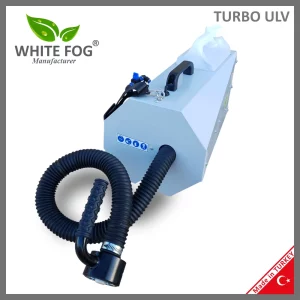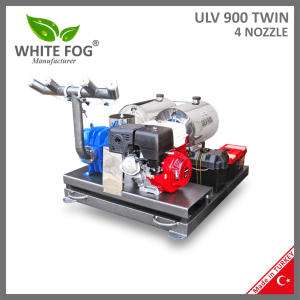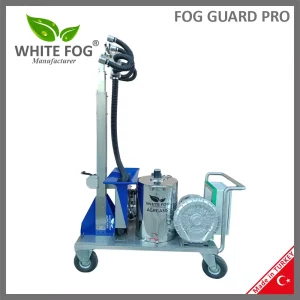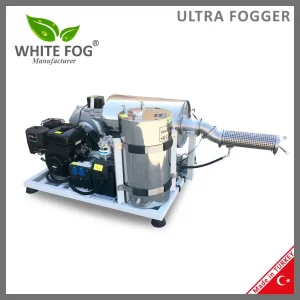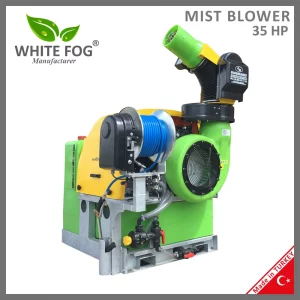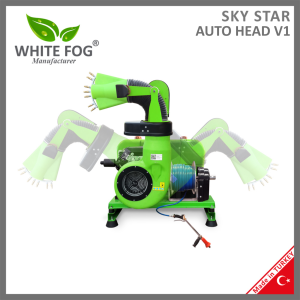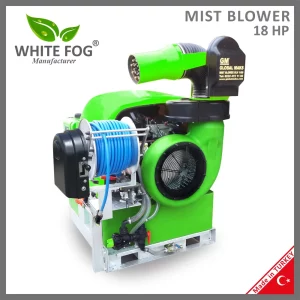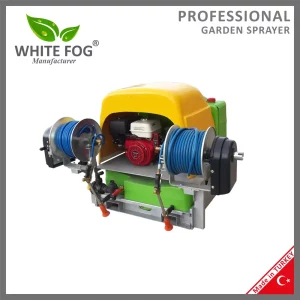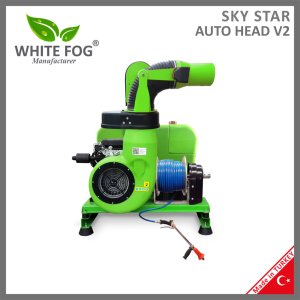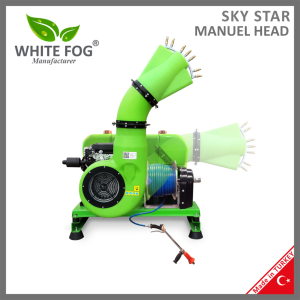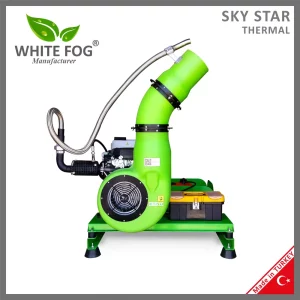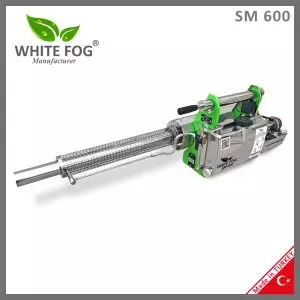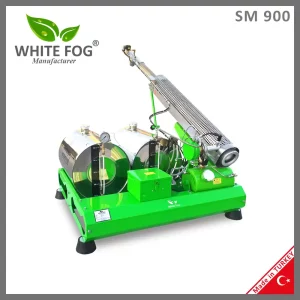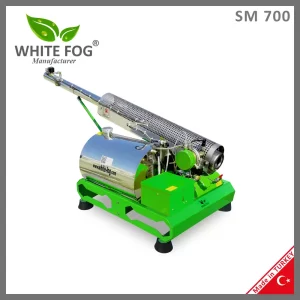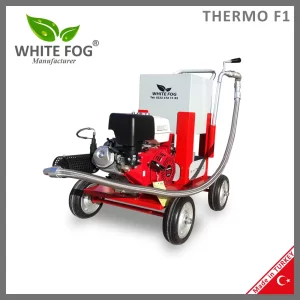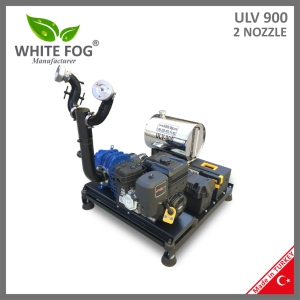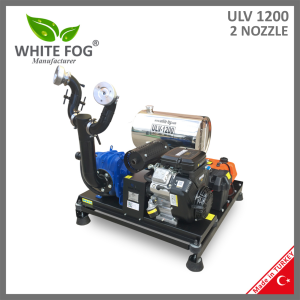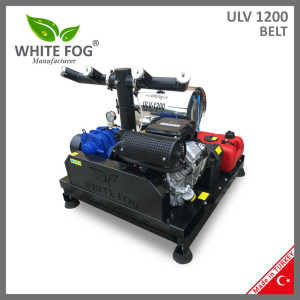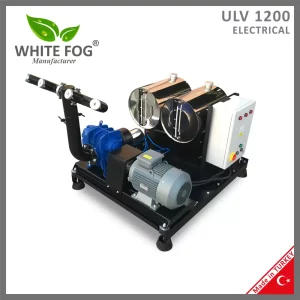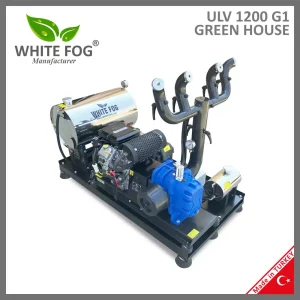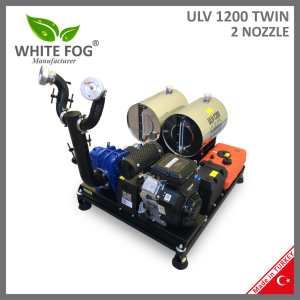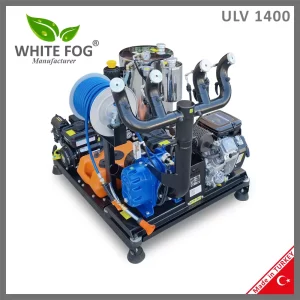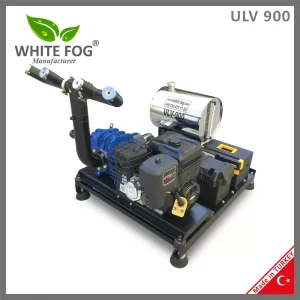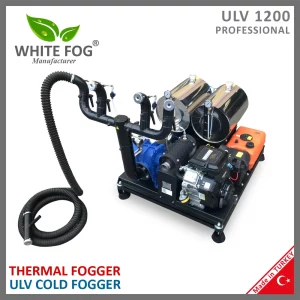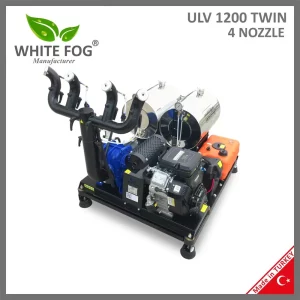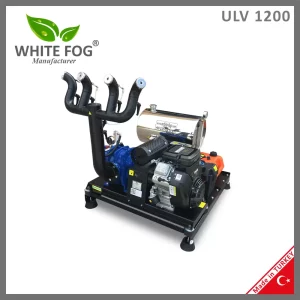manufacturer Thermal Foggers - manufacturer Cold Foggers
manufacturer Thermal Foggers
manufacturer Thermal Foggers It normally takes the pre-heating process for 2 to 5 minutes. Once it is ready, you can simply unlock the trigger if any, or just pull the trigger. It should produce a misting fox reaching up to 15 feet. Most thermal foggers have a spray nozzle, a heating chamber and a tank or reservoir. Inside the tank is a pump that carries the chemical to the heating chamber to be converted into mist. A thermal fogger uses heat to help spread the solution as a thermal fog, whereas a cold fogger will use air pressure to help spread the solution in the form of small particles.
manufacturer Cold Foggers
manufacturer Cold Foggers Most cold foggers are designed for water-based solutions but some may also work using both water and oil-based pesticides. Since most cold foggers run on electricity, it is advisable to have a power outlet near the fogging area or get an extension cord long enough to cover it. These foggers are obviously the opposite of thermal fogger. Instead of using heat to vaporize the pesticide solution, it uses high-pressure of air to convert the solution into tiny particles. if you use a ULV aerosol generator to spread pesticide, you will actually be spreading it in tiny particles that spread through the air, killing pests.


